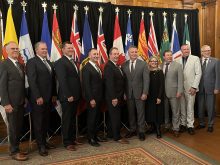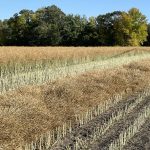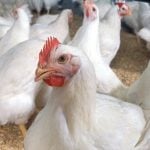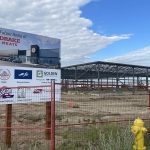In August, 1971, Calgary lawyer Peter Lougheed led an urban-based Progressive Conservative Party to power in Alberta, overthrowing a Social Credit Party that had ruled since 1935. The new government set about to use the power of the state to diversify the economy. The high profile priority was to create a petrochemical industry that would reduce dependence on sale of unprocessed resources.
There was an agricultural agenda as well. The new economic planners saw the farm sector as too dependent on export grain, paying too little attention to the potential of the cattle industry and too dominated by Alberta Wheat Pool with its policies favoring the Crow rate, central desk grain selling and government regulation. These were impediments to diversification.
Read Also

Sunterra companies continue restructuring under court protection
Claims against Sunterra Group have now been filed as the Alberta-based companies continue operating under the Companies’ Creditors Arrangement Act.
The Lougheed government, with deputy premier Hugh Horner in charge, set out to change farm opinion and policy. Subsequent Conservative governments followed the lead. They intervened to encourage farm voices that challenged pool dominance. They actively pushed a conservative, market-oriented agenda that has now become conventional wisdom in Alberta. By 1993, the pool had been marginalized as a voice. Right-wing cattle and commodity voices set the agenda.
Or do they? Critics of the Alberta government say the state is still intervening in the farm debate, this time through consultations that are weighted to produce the feedback government wants to hear on issues ranging from the Canadian Wheat Board to safety nets.
Alberta government representatives reject the complaints. They insist they are tapping into the real voice of farmers, not the voices of the “special interests” with an agenda to pursue.
In this special report, Ottawa-based national correspondent Barry Wilson examines the role the Alberta government may have played in nurturing some of the province’s strongest farm groups.














